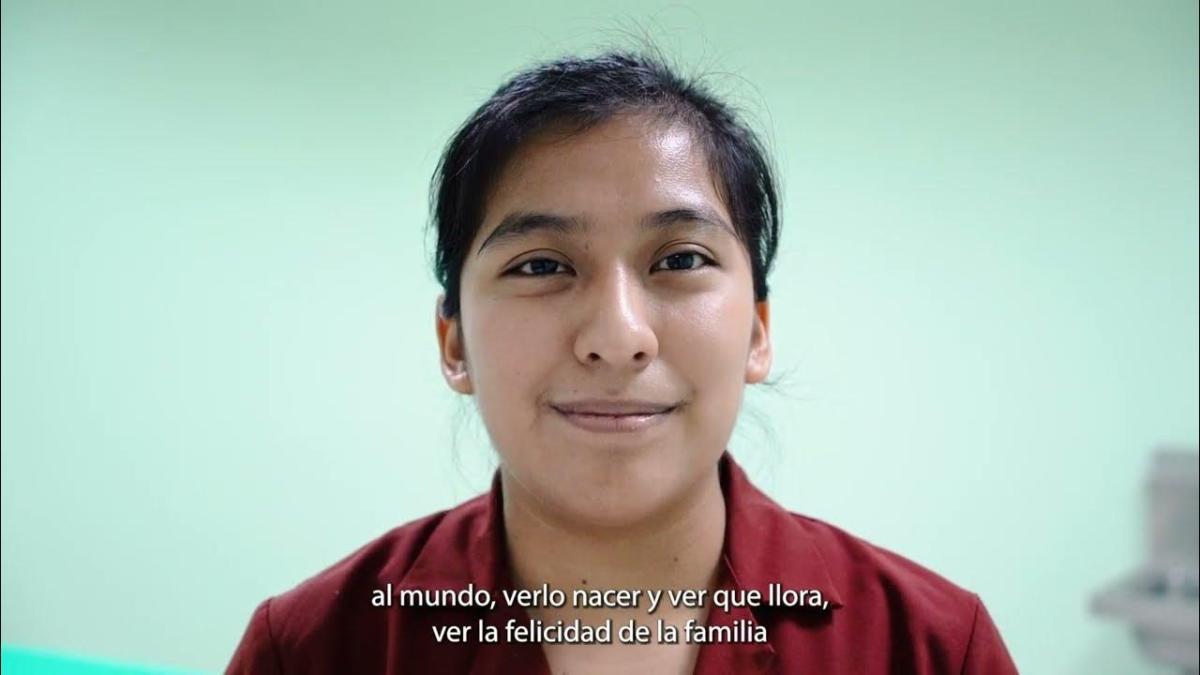Improving maternal, neonatal and child health, and reducing chronic malnutrition is a priority for the Government of Guatemala (GOG). The USAID Health and Nutrition Project (PSN), implemented by Jhpiego provides technical assistance to the Ministry of Health (MSPAS) to improve access to quality health and nutrition services, and strengthen governance and human resources in health.
The project promotes community participation, as well as the involvement of the private sector and civil society to strengthen the model of care and management in the framework of primary health care. PSN contributes to the reduction of chronic malnutrition, maternal, neonatal and child morbidity and mortality, and improved access to family planning methods for men, women, and adolescents to prevent unwanted pregnancies in the departments of Huehuetenango and El Quiché.
GEOGRAPHICAL AND DEMOGRAPHIC APPROACH
PSN is working in two western departments of Guatemala, Huehuetenango, and Quiche, which have the highest neonatal mortality rates and malnutrition rates in the country. In 2018, according to the World Bank, Huehuetenango had a neonatal mortality ratio of 221 per 100,000 live births and Quiché, 134 per 100,000 live births, while the prevalence of chronic malnutrition in the departments of Quiché and Huehuetenango was 69% and 68% respectively, according to the National Survey of Maternal and Child Health (ENSMI 2014-2015).
CONTEXT AND CHALLENGES
The population of Guatemala has limited access to quality, safe, integrated health services for nutrition, family planning, reproductive health, maternal, neonatal, child and adolescent health. Medical services are not culturally adapted and can be restricted by gender norms. Rural areas especially have a limited number of providers and serve a high percentage of indigenous population.
Among the existing challenges in Huehuetenango and Quiche, are the improvement of access and coverage to health and nutrition services, as well as the strengthening of managerial and technical capacities of health providers to improve the health and nutrition of the maternal, infant, and adolescent population.
APPROACH AND RESULTS
PSN implements a set of interventions at the central level, community, and family level, as well as with municipal governments, which are interrelated to influence the improvement of the MSPAS Care and Management Model.
Actions focus on comprehensive care for adolescents, access to contraceptives and family planning, prenatal care, maternal and childcare under two years of age, as well as water, sanitation and hygiene in health facilities.
Some of the outstanding results are:
- Measurable improvement in the quality of integrated health services by life cycle, with emphasis on reproductive health, maternal-neonatal, child, family planning and adolescent health, nutrition, and water and sanitation.
- Training of University Midwifery Technicians (118 trained) and their incorporation into health services (59), promoting a culture of learning and respectful treatment in health services in close collaboration with the community and with a gender focus.
- Capacity building of personnel through different modalities of continuing education (i.e., Thousand Day Window Diploma, Mentoring, Communities of Practice).
- Implementation of the tool “Rueda de Prácticas para Vivir Mejor” in 4360 households to promote health and nutrition practices. 852 mothers and 382 fathers are participating in the "P" program to break gender gaps in rural communities of Huehuetenango, Quiché, and Ixil.
This project is expected to run from July, 2020 through September, 2025 with an estimated total USAID investment of $19,470,000.
USAID’s implementer for this project is Jhpiego.
Contact
For more information contact GT-Comunicacion@jhpiego.org



